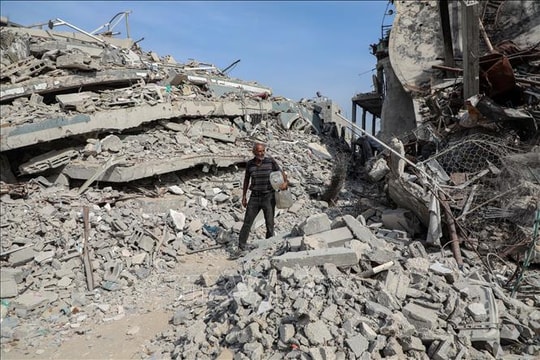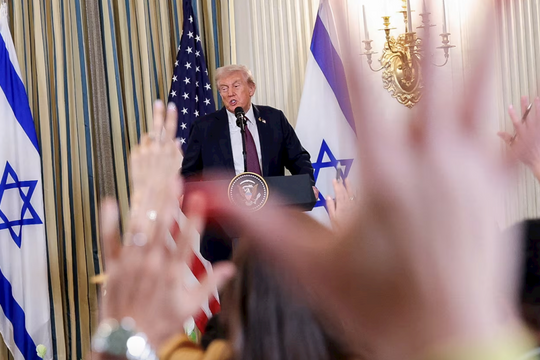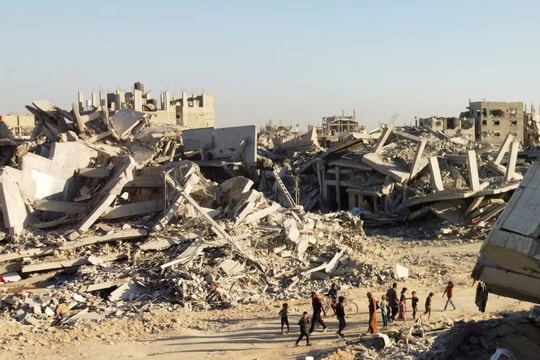How does the new round of conflict between Israel and Palestine affect Sino-US competition?
(Baonghean.vn) - The new conflict between Israel and Palestine is the largest since the 1973 Yom Kippur War. This event affects neighboring countries, the region and the US strategy in the Middle East. For China, this round of conflict brings both opportunities and risks.
The latest round of conflict between Israel and Palestine
The most notable aspect of the conflict is its sudden escalation. In recent years, the Israeli-Palestinian conflict, especially the conflict between Israel and militant groups like Hamas in Gaza, has been the result of escalating civil strife. However, the current conflict is not like that. It has come without warning, causing great shock to Israel and the international community.
Within an hour of the conflict breaking out, Hamas fired 5,000 rockets into Israel and Palestinian militants infiltrated southern and central Israel to carry out attacks, causing a large number of casualties in Israel.
With Israel stepping up its counter-attacks, this will undoubtedly result in more casualties among Palestinians in Gaza. Another aspect that makes a difference is that Hamas has shown a strong determination to carry out attacks against Israel. Hamas has mobilized almost all of its weapons, equipment and soldiers to participate in the attacks.
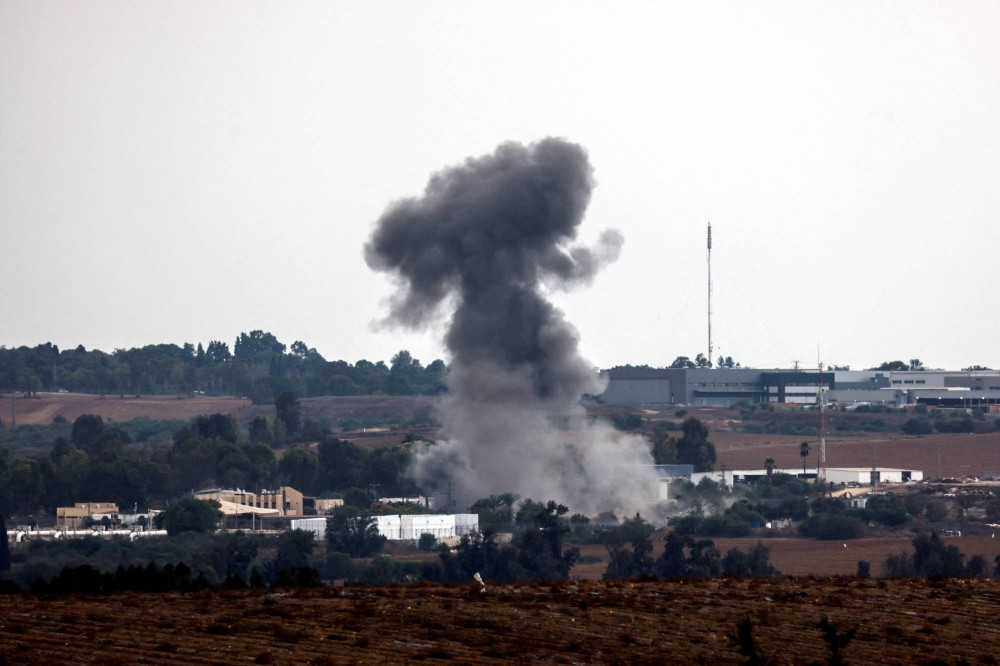
Despite knowing that the upcoming large-scale Israeli counterattacks and retaliations would likely weaken the organization's influence, they still fought to the death, demonstrating great determination. Finally, Hamas and the Palestinian Islamic Jihad (PIJ) group in Gaza showed strong cooperation.
After 2018, the relationship between Hamas and PIJ was extremely fragile as PIJ sought to challenge Hamas’ dominance in Gaza. However, in the current military campaign, Hamas and PIJ have carried out simultaneous attacks, demonstrating close coordination and understanding of the campaign.
The new round of conflict between Israel and Palestine in the coming weeks will be characterized by increased intensity, increased casualties, and difficulties in reconciliation. First, the intensity of the conflict will increase further. Israel has counterattacked to destroy Palestinian militants and has announced a massive offensive in the Gaza Strip, so Palestinian resistance may become even more fierce in the future.
An Israeli offensive is sure to be accompanied by heavy bombings and raids. A new round of conflict is sure to result in even greater human casualties. On the one hand, the Israeli death toll is now approaching 1,000 and the number of wounded has surpassed 2,000, the highest in any conflict since the founding of the State of Israel in 1948.
With Israel determined to purge Palestinian militants, the number of deaths and casualties is likely to continue to rise. On the other hand, with a major Israeli counter-offensive, the number of Palestinian casualties in Gaza will certainly increase rapidly and could exceed 10,000.
Ultimately, a new round of conflict will make it difficult to achieve a ceasefire in the short term. For Israel, after suffering such heavy casualties, the government and military are under great pressure domestically and need to launch a strong counterattack against Hamas and PIJ to save domestic public opinion.
In that context, the Egyptian reconciliation initiative was flatly rejected by Israel. It will be difficult to realize a ceasefire between Israel and Hamas before domestic public opinion is convinced that this militant group has been adequately “punished”.
Risk of escalation
At the international level, there is a risk of escalation. On the one hand, there is a geographical risk that a North-South conflict could occur. After the conflict between Israel and Hamas broke out, Hezbollah in southern Lebanon declared its support for Palestinian armed factions. There have been several exchanges of fire between Hezbollah and Israel.
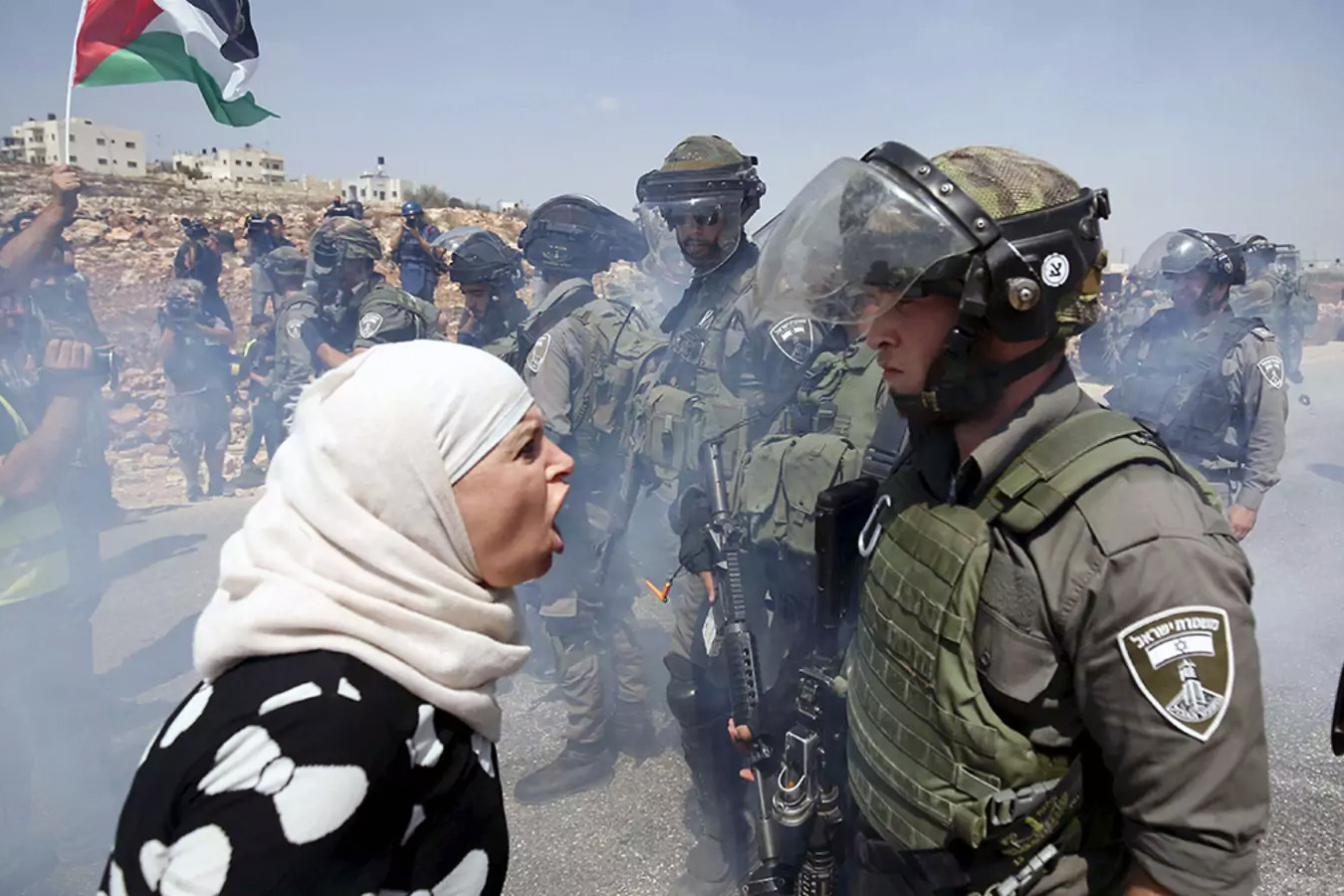
At the same time, southern Syria has witnessed a firefight between Iran and Israel. The Shiite armed factions in southern Syria, supported by Iran, could also show solidarity with Hamas and PIJ and clash with Israel. There is also the possibility of conflict between Iranian-backed Shiite armed groups in southern Syria and Israel in support of Hamas and PIJ.
On the other hand, there is a risk that the Israel-Iran conflict could spread to the region. A large-scale conflict between Iranian militias, such as Lebanon's Hezbollah or Syria's Popular Mobilization Forces (PMF), the Fatima Brigades and other Shi'ite forces with close ties to Iran, and Israel cannot be ruled out.
The key to any future escalation lies in whether a new round of Israeli-Palestinian conflict breaks out in the West Bank. If in the future Palestinians in the West Bank, especially armed elements, launch large-scale attacks on Israel and Jewish settlements, it will certainly increase the intensity and scope of the conflict and encourage armed groups in Lebanon and Syria to launch attacks on Israel.
Impact on the US and China
This new round of conflict will have a major impact on the future regional and international situation. First, the Netanyahu government’s credibility has been affected. The right-wing government of Israeli Prime Minister Benjamin Netanyahu has failed to preempt the attacks, severely damaging its reputation with the Israeli public. Netanyahu’s reputation as a “gentleman of security” will lose its appeal in Israel.
Second, the relationship between the US and Israel has been mended. Before the conflict broke out, the Biden administration and the Netanyahu government had a cold relationship. Netanyahu was not invited to visit the White House when he visited the US for the UN General Assembly. After the conflict broke out, Biden immediately contacted Netanyahu to express his support and sent a fleet to Israel.
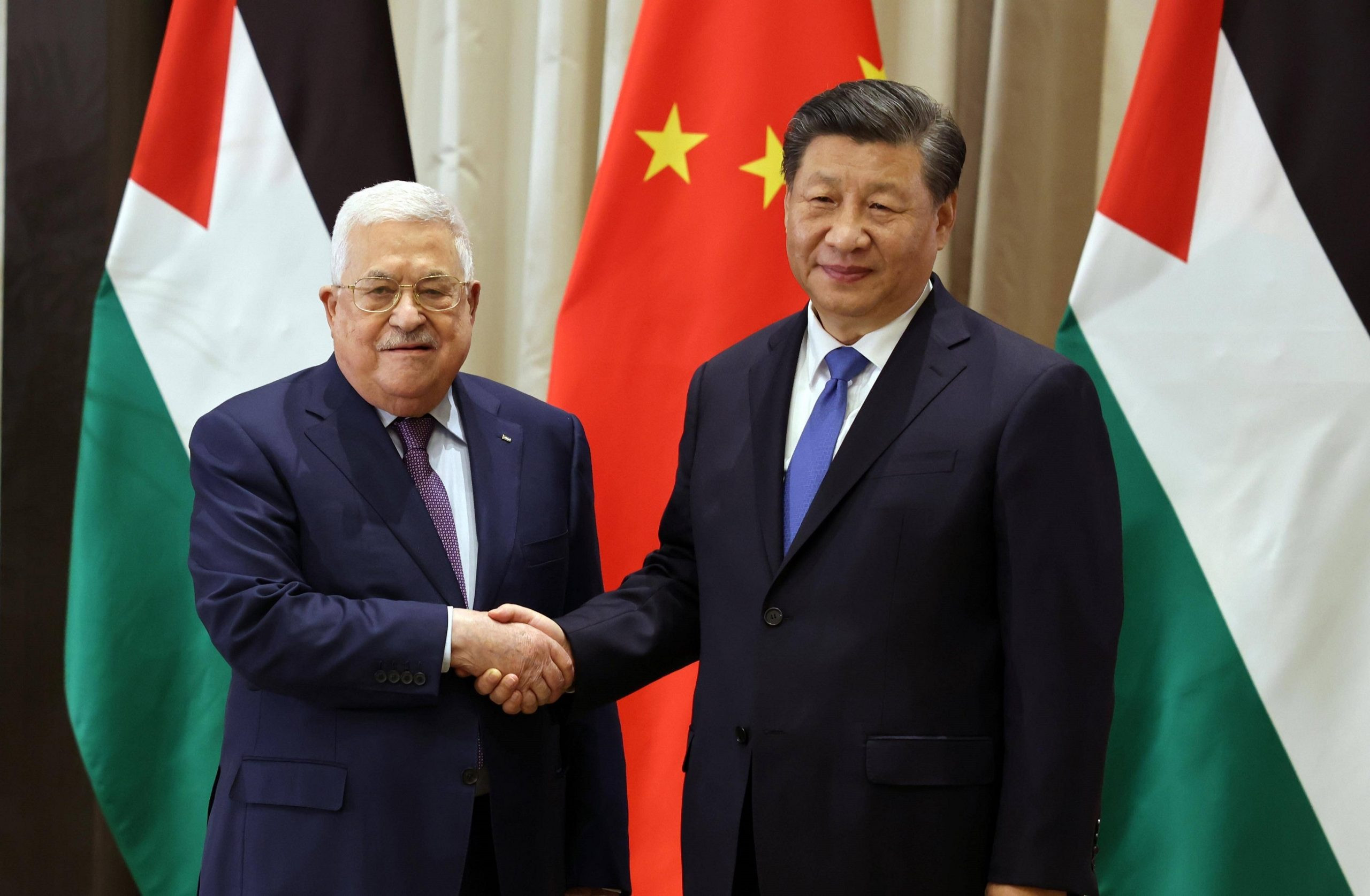
Going forward, the US will increase its material support for Israel, and even after the conflict, the US is likely to work with Israel to enhance security and defense cooperation. Third, the normalization of relations between Saudi Arabia and Israel, which the US is pushing for, is unlikely to be achieved in the short term.
This current round of conflict will certainly freeze the normalization of Saudi-Israeli relations and make it unlikely that there will be any breakthrough in the short term. Fourth, the US-backed India-Middle East-Europe Economic Corridor (IMEC) will be temporarily stalled.
At the G20 summit in New Delhi, the US, along with India, the European Union, the United Arab Emirates, Saudi Arabia, Israel and others, proposed the IMEC as an alternative transport route connecting India to Europe. Observers have questioned whether Israel and Saudi Arabia are willing to cooperate openly to promote the corridor.
Now that the normalization of Saudi Arabia-Israel relations is challenged, IMEC will certainly face new obstacles to implementation.
For China, the current round of the Israeli-Palestinian conflict has both positive and negative impacts: On the one hand, the conflict will have a negative impact on China-Israel relations in the short term. Israel had hoped to receive comfort and sympathy from China, but according to Israel, China's lack of expressions of sympathy, in addition to Chinese netizens' support for Hamas, has displeased Israel's public opinion of China. This may affect Israel's future policy and attitude towards China.
On the other hand, this cycle of conflict has disrupted US efforts to draw Arab countries closer together, which could benefit China.
The new round of conflict has exposed a rift between Arab countries and the West on the Israel-Palestine issue, with the West siding with Israel while Arab countries sympathize with Palestine. The US's full support for Israel will certainly damage its relations with Arab countries in the short term./.


